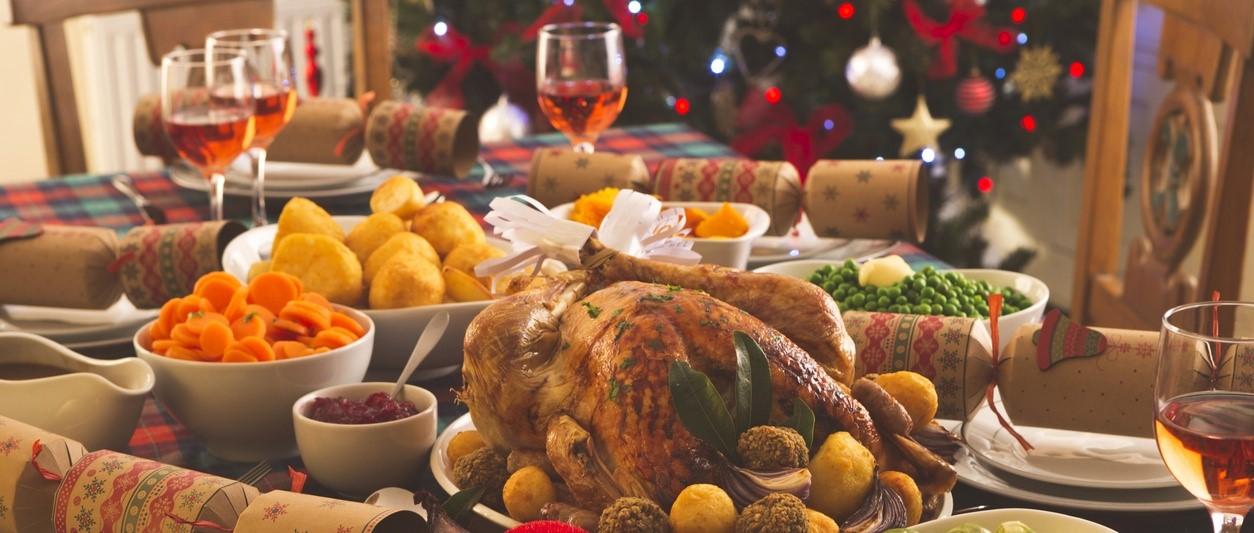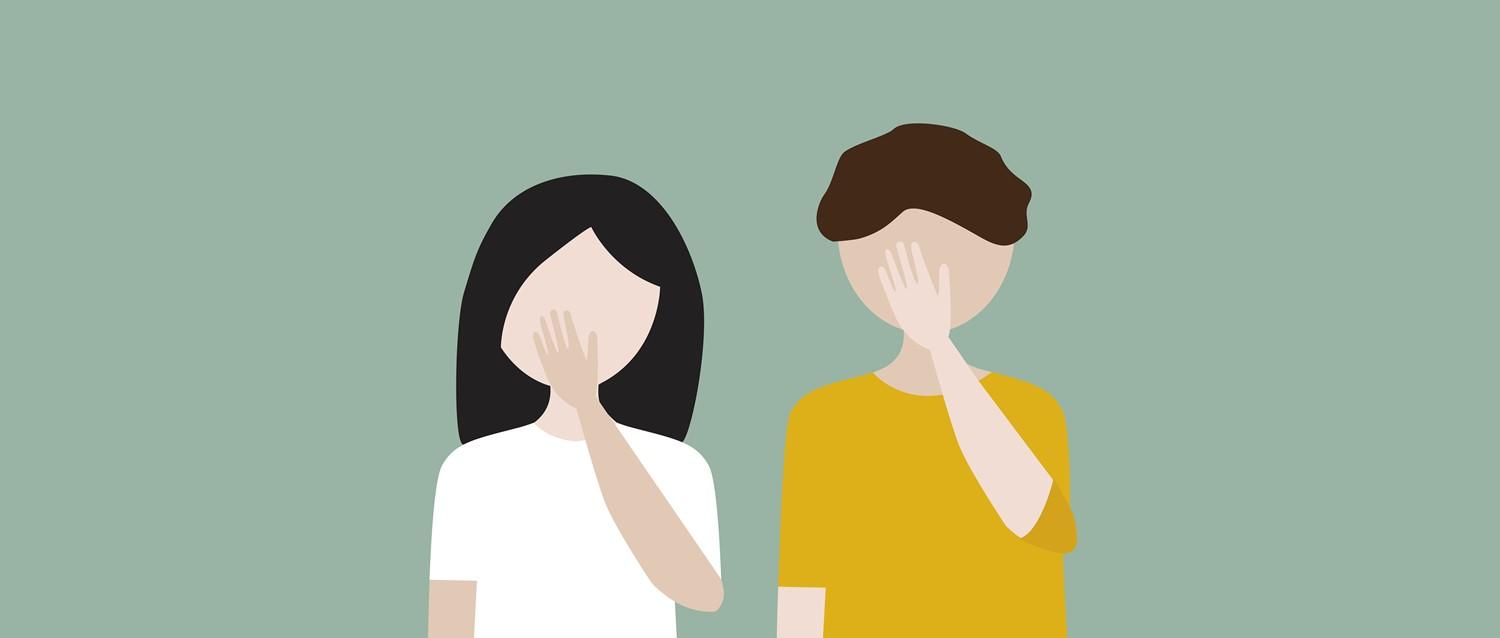
How to deal with Christmas indigestion
Peer reviewed by Dr Krishna Vakharia, MRCGPLast updated by Victoria RawLast updated 3 Dec 2024
Meets Patient’s editorial guidelines
- DownloadDownload
- Share
- Language
- Discussion
With all your festive feasting, uncomfortable bloating and stomach pain can dampen the fun. But your Christmas indigestion can be managed with these handy tips and tricks to help keep your gut merry.
In this article:
Video picks for Indigestion and heartburn
What is indigestion?
Indigestion (dyspepsia) is a common symptom of an upper gut problem which around 2 in 5 of us may have at some time of year. Although it usually disappears by itself, indigestion can be unpleasant, causing discomfort and even pain in your upper tummy.
We like to indulge ourselves at Christmas, but our festive eating habits can easily trigger Christmas indigestion. To enjoy the festive season in comfort, we can make small changes to what we eat and how - without depriving ourselves of our favourite foods.
The symptoms of indigestion
Back to contentsIndigestion is the term used to describe a group of symptoms that can occur from time to time when your gut is unhappy. Typically, this happens in response to the types of food we consume, as well as if we over-eat after we're full up.
This is why indigestion often happens soon after eating. The main symptom to look out for is pain or discomfort in the upper stomach.
These symptoms can be annoying - particularly on Christmas Day - but the good news is they usually go away after a short while and are not a serious health concern. This said, if you experience indigestion often and it regularly interrupts your life, you can speak to your doctor about treatment.
When is indigestion serious?
You should always seek help if you develop any of the following symptoms alongside indigestion.
Losing weight without meaning to.
Difficulty swallowing food or having severe pain on swallowing.
Persistent vomiting.
Feeling very tired or looking pale.
Worsening or persistent indigestion if you're over the age of 55.
Persistent bloating.
You need to contact the emergency services straight away if you are:
Vomiting up blood, or what looks like black coffee grounds.
Passing black, tarry poos.
Some people may think that heartburn - a burning sensation in the lower chest - is linked with indigestion. Instead, it's usually a symptom of a separate condition called gastro-oesophageal reflux disease (GORD), where stomach acid travels up into your throat - called the oesophagus or gullet. However, heartburn can also be triggered by eating habits around Christmas.
Continue reading below
What can trigger Christmas indigestion?
Back to contentsReema Pillai, a London-based dietitian says: "Christmas-time includes a wide variety of foods that can contribute to indigestion. In particular, fatty foods that are greasy or higher in fats can lead to indigestion, as can certain spicy foods. An increase in alcohol, fizzy drinks, or chocolate are also frequent contributors to indigestion."
It's no surprise that our intake of these treat foods spikes over Christmas, and for many of us this is deliberate as we get into the festive spirit. While a little over-indulgence can be fun, those who are more prone to indigestion can reduce their chance of getting it, without completely ruling out these foods.
The way that we eat at Christmas is also an important factor.
For example, these festive habits can also trigger Christmas indigestion:
Eating large meals.
Eating too fast.
Eating just before bed.
Eating even when we're full.
How do you stop indigestion at Christmas?
Back to contentsThe best way to combat Christmas indigestion is to prevent it happening in the first place. Of course, it's unlikely that you will avoid all the major trigger food and drinks on Christmas Day.
Instead, being aware of what these food and drinks are, and then making a conscious effort to consume them in relative moderation and throughout the day - rather than piled high on one plate - could be enough to keep your gut happy.
On top of this, Pillai shares some more tips...
Pillai's top tips for preventing Christmas indigestion
Try to limit the foods and drinks that trigger your symptoms.
Be more aware of the overall amount and frequency of the trigger food and drinks you have.
Sometimes having smaller, more frequent meals across the day is better than three larger meals.
Try to take your time, to eat slowly and relax, rather than rushing your meals.
Stop eating when you are feeling comfortably full.
Work on managing stress and anxiety levels too, which can also contribute to indigestion.
Relieving Christmas indigestion
If you couldn't resist over-filling on Christmas dinner and mince pies - it is Christmas, after all - and you're feeling uncomfortably full, then remain upright and avoid lying down. A good posture can aid digestion and help to avoid acid reflux. This is where stomach acid travels back up the oesophagus, which can in turn trigger the symptoms of indigestion.
If Christmas indigestion has developed and you wish to ease your discomfort, there are over-the-counter medicines that you can take. These are known as antacids and they can come in tablet or liquid form. Antacids ease the symptoms of indigestion through your stomach acid. While some work by neutralising your stomach acid, others reduce the amount of acid your stomach is producing.
Pharmacists can also provide treatment with more powerful medication called proton pump inhibitors, which suppress acid production and offer longer-lasting relief.
While antacids can ease indigestion and provide a solution on Christmas Day, Pillai advises that it's best to seek medical advice if you experience frequent indigestion that's negatively affecting your day-to-day life. You should always seek help if you're experiencing the serious symptoms above.
Your doctor will be able to advise you on possible triggers and may prescribe longer-term medicine if over-the-counter treatments don't work.
Patient picks for Indigestion and heartburn

Digestive health
What it means when you constantly need to burp
Burping is a necessary (and often very entertaining) quirk of the human body. But if belching becomes excessive or accompanies painful symptoms, it could be time to visit your GP.
by Dr Laurence Knott

Digestive health
Heartburn at night: how to improve sleep quality with heartburn
One in 10 of us are affected by heartburn every day1, and it can be particularly bad at night. If heartburn frequently keeps you from getting a good night's sleep, medicines and adjustments to your evening routine may ease your discomfort. If this doesn't fully cure your heartburn at night, your doctor needs to investigate the underlying cause.
by Amberley Davis
Continue reading below
Article history
The information on this page is peer reviewed by qualified clinicians.
Next review due: 3 Dec 2027
3 Dec 2024 | Latest version
17 Dec 2021 | Originally published
Authored by:
Amberley Davis

Ask, share, connect.
Browse discussions, ask questions, and share experiences across hundreds of health topics.

Feeling unwell?
Assess your symptoms online for free
Sign up to the Patient newsletter
Your weekly dose of clear, trustworthy health advice - written to help you feel informed, confident and in control.
By subscribing you accept our Privacy Policy. You can unsubscribe at any time. We never sell your data.